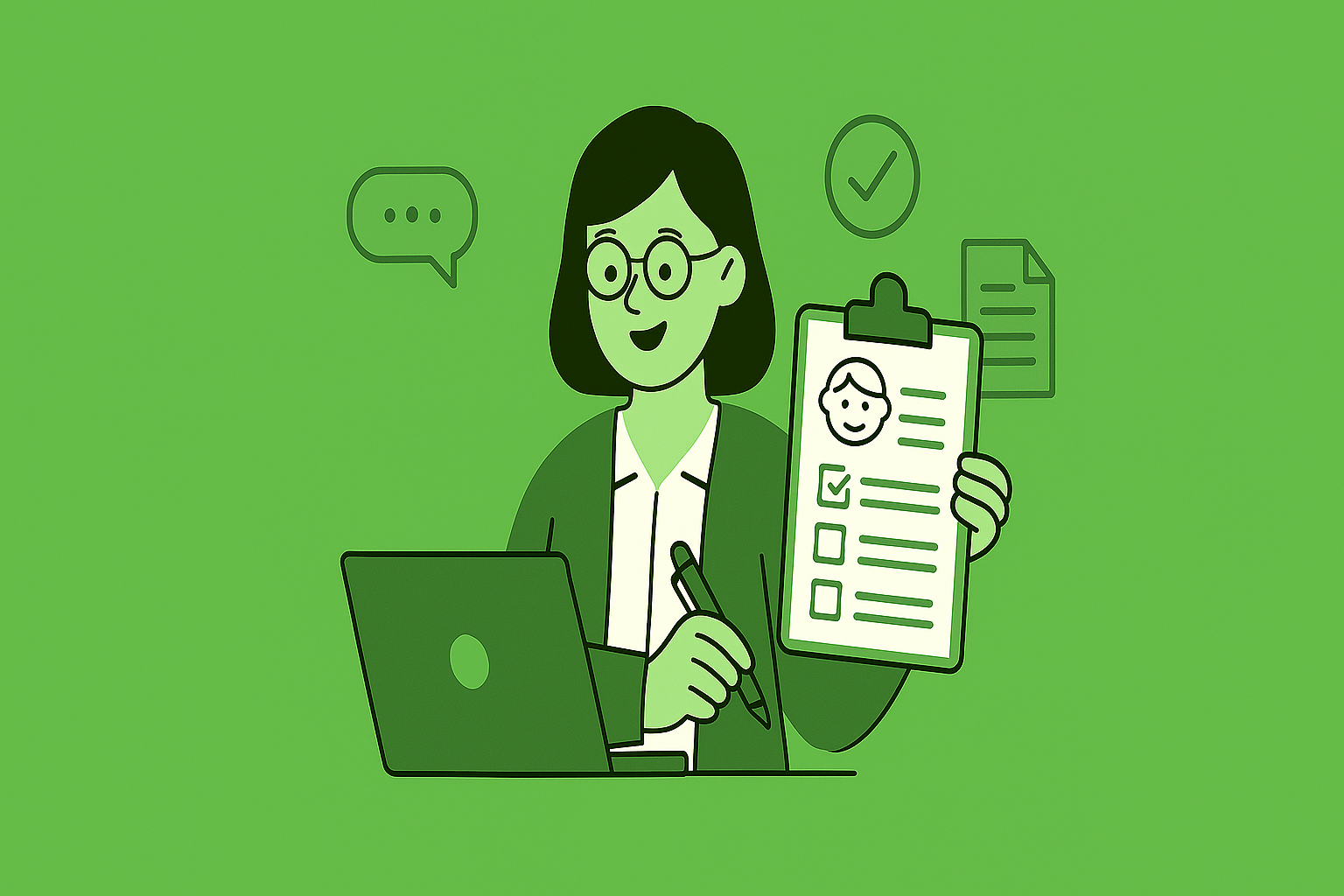Hi, I'm Khula your ultimate co-pilot for continuous child assessment in Life Skills, Language, Mathematics, and broader early childhood developmental areas. I'm here to support you through the assessment process.
I'm ready to start. How do I begin a new child assessment with Khula?
How does Khula simplify and enhance the assessment process for teachers?
Can Khula guide me through assessing a child's development in specific CAPS subjects or ELDA areas?
Legal name
Alternative name
Founded year
Number of employees
1-5
Company type
Industry
Area served
aslabbert@khulani-ecd.com
Phone
083932648
Website
https://khulani-ecd.com
Khulani Teacher Assessment Assistant
16 Jul 2025

19. ELDA Focus: Communication – Fostering Language and Literacy Skills
The third Early Learning and Development Area (ELDA) in the National Curriculum Framework (NCF) is Communication. This area is fundamental to all learning, encompassing the development of listening, speaking, reading readiness, and early writing skills. It's about children being able to understand and express themselves effectively.
Aims of the Communication ELDA: The primary aims of this ELDA are to enable children to:
- Develop active listening skills.
- Express themselves clearly and confidently through spoken language.
- Expand their vocabulary and understanding of sentence structure.
- Develop early literacy skills, including print awareness and phonological awareness.
- Engage in conversations, storytelling, and imaginative play.
- Begin to understand the purpose of written language.
Developmental Guidelines (Examples for Babies, Toddlers, Young Children, Towards Grade R):
- Babies (0-12 months):
- Beginning: Respond to sounds and voices, make cooing and babbling sounds.
- Moving On: Turn head towards sounds, begin to imitate sounds, respond to their name.
- Advancing further: Understand "no," wave "bye-bye," use gestures to communicate needs, utter first words like "mama" or "dada."
- Toddlers (1-2 years):
- Beginning: Use 1-2 words to express needs, understand simple commands (e.g., "come here").
- Moving On: Combine two words (e.g., "more milk"), point to familiar objects when named, begin to imitate animal sounds.
- Advancing further: Expand vocabulary rapidly, ask "what's that?" questions, engage in simple pretend play using language.
- Young Children (2-3 years):
- Beginning: Use 3-4 word sentences, ask "where" and "who" questions, understand simple stories.
- Moving On: Follow 2-step instructions, use plurals and pronouns, describe familiar objects, enjoy listening to stories.
- Advancing further: Speak clearly enough to be understood by strangers, tell simple personal anecdotes, engage in back-and-forth conversations, show interest in books and print.
- Towards Grade R (3-4 years/ages 4-6 if this is the focus for Khula):
- Listening: Listen to stories with concentration, follow multi-step instructions, listen to and recall simple word sequences, participate in discussions and ask relevant questions.
- Speaking: Speak in full, grammatically correct sentences, express ideas clearly, retell simple stories in their own words, engage in imaginative play using dialogue.
- Emergent Reading: Show awareness of print in the environment, understand that print carries meaning, recognize their own name, begin to identify some letters and sounds (phonological awareness), pretend to read.
- Emergent Writing: Make meaningful marks, scribble, draw, and attempt to write letters or their name, understand that writing communicates ideas.
Examples of Activities for Adults to Promote Communication:
- Read aloud daily, pointing to words and pictures.
- Engage children in conversations, asking open-ended questions.
- Sing songs and recite rhymes to develop phonological awareness.
- Encourage storytelling and dramatic play.
- Provide access to a variety of books, writing materials (crayons, paper), and drawing opportunities.
- Label objects in the environment to connect words with things.
- Play listening games (e.g., "Simon Says").
